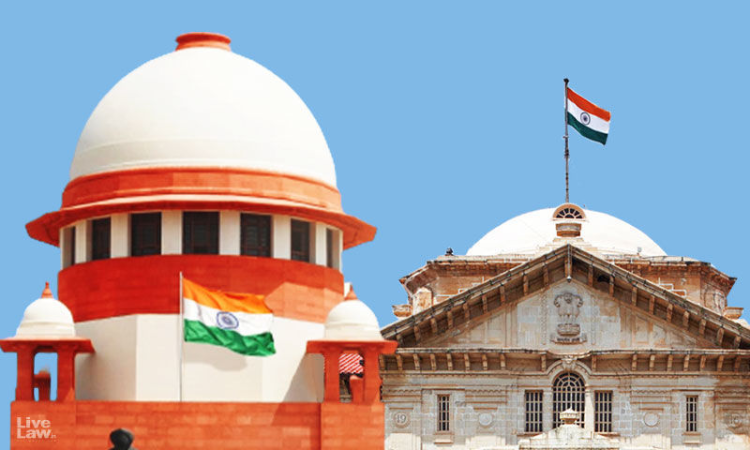Supreme Court To Hear UP Govt Challenge Against Allahabad HC Order To Enhance Salaries Of Court Staff
Sohini Chowdhury
13 July 2022 6:39 PM IST

Next Story
13 July 2022 6:39 PM IST
The Supreme Court, on Tuesday, agreed to decide the plea of the Uttar Pradesh Government challenging the order of the Division Bench of the Allahabad High Court, which had, in essence, affirmed the Single Judge's direction to the the Government to take necessary steps to approve the Allahabad High Court Officers and Staff (Conditions of Service and Conduct) (Amendment) Rules, 2005 framed...
